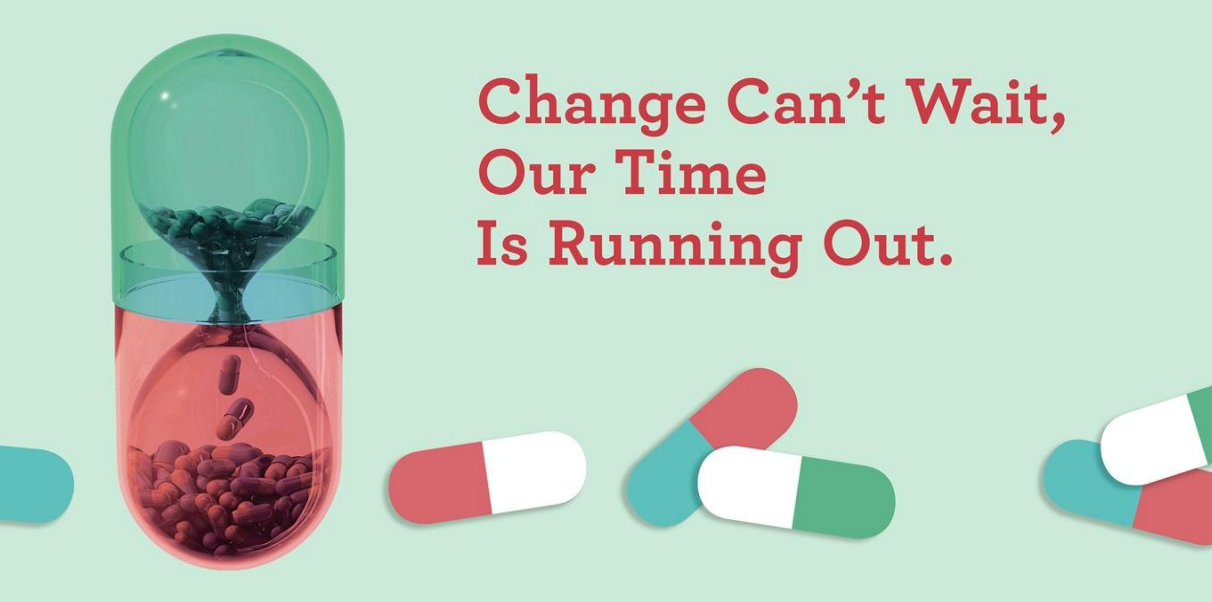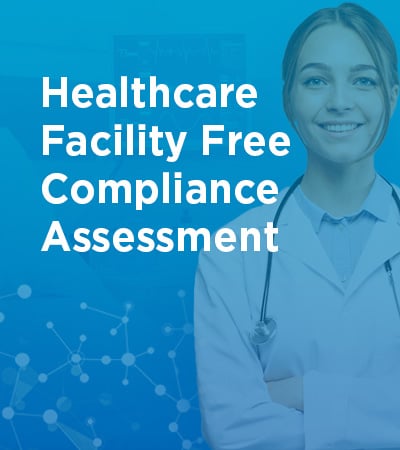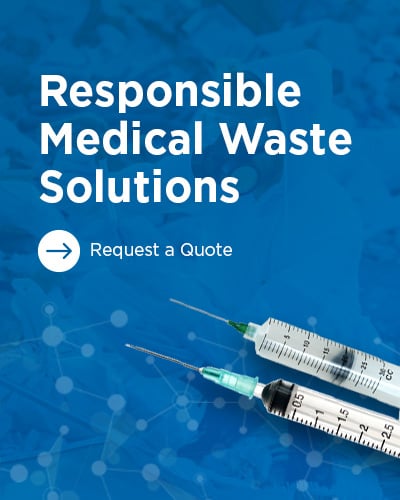
The World Health Organization (WHO) has been pushing strongly for an increase in global awareness of antibiotic resistance. Every November, the WHO promotes World Antibiotic Awareness Week (WAAW) in an effort to enlighten the general public on best practices for the use of antibiotics. The rampant overuse and misuse of such an essential form of medication has now encouraged the spread of antibiotic resistance.
Antibiotic resistance occurs when microbes become resistant to the drugs used to treat them. This then calls for a need for stronger antibiotics in order to kill the more resistant bacteria, which, after the misuse of those antibiotics, become resistant to the new drugs again, and the cycle continues. A major reason behind this surge in antibiotic resistance is the lack of understanding of when antibiotics are needed or not. For instance, antibiotics do not treat viral infections, like colds or the flu.
This public health challenge is a serious issue in America: each year, at least 2 million people get an antibiotic-resistant infection, and at least 23,000 people die. The Centers for Disease Control and Prevention (CDC) notes that infections caused by antibiotic-resistant microbes are difficult, and sometimes impossible, to treat. “In most cases, antibiotic-resistant infections require extended hospital stays, additional follow-up doctor visits, and costly and toxic alternatives.” The CDC names proper hand hygiene as one of the most effective ways to remove germs and prevent infections. In an effort to promote healthy hand hygiene, the CDC created a process outlining the proper technique:
-
Wet your hands with clean, running water (warm or cold), turn off the tap, and apply soap.
-
Lather your hands by rubbing them together with the soap. Be sure to lather the backs of your hands, between your fingers, and under your nails.
-
Scrub your hands for at least 20 seconds. Need a timer? Hum the “Happy Birthday” song from beginning to end twice.
-
Rinse your hands well under clean, running water.
-
Dry your hands using a clean towel or air dry them.
Global Action Plan
For this most recent WAAW, the WHO highlighted three key points in their message on preventing antibiotic awareness:
-
Help prevent infection through good hand hygiene
-
Never share antibiotics
-
Always seek the advice of a qualified health care professional before taking antibiotics
At the sixty-eighth World Health Assembly in May 2015, the World Health Assembly created a global action plan on antimicrobial resistance. The goal of this plan is to ensure the continuity of treatment of infectious diseases through the use of antibiotics. The World Health Assembly created five objectives to meet this goal:
-
Improve awareness and understanding of antimicrobial resistance
-
Strengthen knowledge through surveillance and research
-
Reduce the incidence of infection
-
Optimize the use of antimicrobial agents
-
Develop the economic case for sustainable investment that takes account of the needs of all countries, and increase investment in new medicines, diagnostic tools, vaccines and other interventions
In an effort to align with these objectives put forth by the World Health Assembly, the WHO created their own objectives to be utilized during WAAW, but designed to be put into action continuously:
-
Help people understand why antimicrobial resistance is happening, that it poses a genuine risk to our future health, and that we all can do something to help.
-
Mobilize laboratories in every country to look for evidence of resistance in the bacteria they see and to help us build a global picture of how it is spreading and where it poses the greatest risk.
-
Campaign for all hospitals and health-care centres to do their utmost to keep infections at bay with the best possible sanitation and hygiene measures available.
-
Use the antibiotics that are still effective as wisely as possible, regulating how they are distributed, ensuring they are only given to patients and animals who really need them, and generally handling them with care.
-
Urge governments, funding agencies, and the private sector to invest in the new tools, skills and technologies we urgently need to build a smarter world in which our medicines are secured for generations to come.





